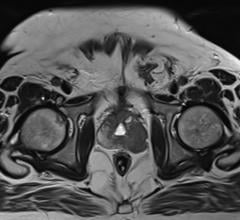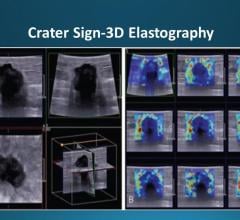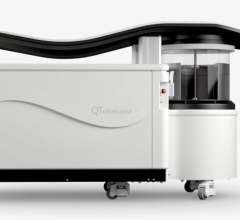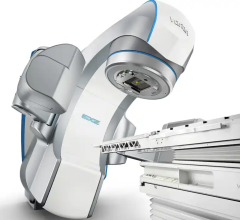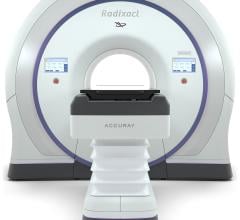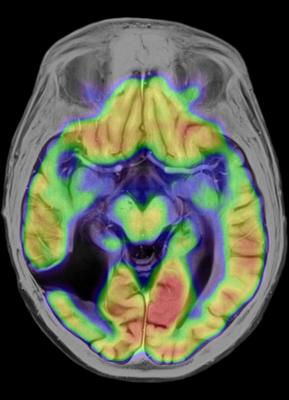
October 29, 2015 — Brainlab showcased cranial Elements for stereotactic radiosurgery (SRS) at the 57th annual meeting of the American Society for Therapeutic Radiology and Oncology (ASTRO). Dovetailing with the society’s 2015 theme, “Technology Meets Patient Care,” Elements provide indication-specific and intelligent workflows for stereotactic radiosurgery that automate the procedure so caregivers can spend more time with patients and less time on technology.
With Elements, Brainlab has identified, extracted and refined valuable, clinician-preferred features and benefits from iPlan and developed à la carte modules offered in a wide range of business models.
Elements Cranial SRS will become the core treatment software that complements existing workflows and will help overcome challenges and limitations in the industry. This software toolkit will enhance virtually every department’s workflows. Every step of the process, every software screen in Elements SRS will be based on clinical need and user necessity – doctor-patient interaction need not be compromised or shortened by cumbersome technological requirements.
Dynamic conformal arcs have been extremely successful over the past two decades, used to deliver millions of treatments because they are dosimetrically easy to validate and are dosimetrically robust in the planning and delivery process. Nevertheless, the increased flexibility in shaping the dose using volumetric modulated arc therapy (VMAT) techniques has also become attractive.
The software is offered in different business models including subscriptions, according to Sean Clark, Brainlab Inc. president. He said that this format allows facilities to cost-effectively invest in future innovations and capitalize on premium features as they are introduced.
For more information: www.brainlab.com


 March 28, 2024
March 28, 2024 
